In his international best-seller book Men Are from Mars, Women Are from Venus , John Gray writes about the united life of Martians and Venusians who happen to find each other on earth. One day long ago the Martians, looking through their telescopes, discovered the Venusians. Just glimpsing the Venusians awakened feelings they had never known…quickly they invented space travel and flew to Venus. The Venusians welcomed the Martians with open arms. They had intuitively known that this day would come. The love between the Martians and Venusians was magical. Delighted in being together, learning and discovering each other, …
Category: English
Life is hardly more than a fraction of a second. Such a little time to prepare oneself for eternity ! – Paul Gauguin The human quest for immortality dates back to ancient Mesopotamia (2100 BC), to the Epic of Gilgamesh. In his grief following the death of his companion, Gilgamesh undertakes a long and perilous journey to discover the secret of eternal life. At the end of his journey, the secret is unveiled to him : Eternal life which you look for you will not find here. For when God created man, He let death be his share. He …
“ Do good, say good and think good. ” – Ahura Mazda The Persian poet and author Ferdowsi (940 – 1020) renown with his masterpiece Shahnameh – The Book of Kings, illuminates the ancient history of Persia dating back to 1500 BC. He recites the myth of creation, the personas of ancient kings and heroes, and the combat of the good against the evil through the march of history. The stories take stage in the backdrop of Zoroaster, who is said to be the Persian prophet known with his sacred book, Avesta and having founded the monotheist religion in ancient …
Kindness is a man’s memorial For the years after the burial. Ancient Egyptians (3100 BC) believed in the immortality of the soul, and in life after death. The journey of the soul to the other world and the scenes of divine judgement are colorfully illustrated on the Papyrus of Ani (1250 BC). The hieroglyphs highlight the deeply seated knowledge of ancient Egyptians and their strong belief in the divine order of creation which they name – Maat. It governs the entire universe in an immutable unity : nature, state, society, the individual and all forms of existence are seen …
To solve the mystery of creation, the eye of the physicist should look for what really is out there, not what he thinks there should be. – Einstein Pablo Carlos Budassi born in Argentina (1980), a talented mathematician, musician and artist with many award-winning spatial design works, made a simple drawing of the cosmos for his son’s birthday. He used the logarithmic maps of the physicists, photographs taken by Nasa and his photoshop app. His logarithmic illustration of the observable universe became globally famous. The physicists acclaimed his work and marked it as the simplest up-to-date picture of the universe. …
Pepita was a young girl who lived in a small Mexican village. Her parents were poor farmers barely able to feed their family. When Christmas was near, they both fell ill, and it was up to Pepita, the eldest, almost 9 years old, to take care of her little brother and sister, and to maintain the household. In the village church, the nativity scene of the newborn Jesus was set up for Christmas. It was the traditional Christmas Eve procession, where the whole village went to church, candles in hand, singing hymns. The villagers were bringing gifts to place before …
“Those who compared our lives with a dream were right. We were sleeping awake and waking up asleep. ” –Montaigne It was many years ago that an elderly local recounted this tale in Ephesus, Turkey on a beautiful spring day. There were seven young people who lived at the time of the Roman emperor Decius ( 250 AD) and who were of the same conviction. Although the majority believed in idols at that time, these seven companions had chosen to believe in Jesus. Having heard about their faith, the emperor ordered all seven of them at his court …
“ The words you speak become the house you live in ” said Hafez, and life in this fleeting house is sublimely described by Rumi : This being human is a guest house. Every morning a new arrival. A joy, a depression, a meanness, Some momentary awareness comes as an unexpected visitor. Welcome and entertain them all! Even if they’re a crowd of sorrows, who violently sweep your house empty of its furniture, still, treat each guest honorably. He may be clearing you out for some new delight. The dark thought, the shame, the malice, meet them at the door …
“Between the stimulus and response, there is a space and in that space lies our freedom and power to choose our response. In our response lies our growth .” – Viktor Frankl Having survived the concentration camps during World War II, Viktor Frankl wrote his renowned book Man’s Search for Meaning in 1946. He asks the fundamental question “What is the meaning of life ?” The answer, he says, does not lie in theories on life or in meditative thoughts. The meaning is crafted by our conduct. When we ask what life expects from us rather than what we expect …
Think for yourself and let others enjoy the privilege of doing so too. – Voltaire Tolerance (tolerantia in latin) is defined as the attitude of someone who accepts in others ways of thinking and living different from their own. It is considered a virtue, a moral obligation which involves respect and consideration for the other person. “ Free from bigotry, allowing different races, religions, practices, and opinions to co-exist, it is a pragmatic formula for the functioning of society, ” writes Hans Oberdiek in Tolerance: Forbearance and Acceptance. A century ago, Einstein (1879-1955), said in foresight : “ Laws alone …





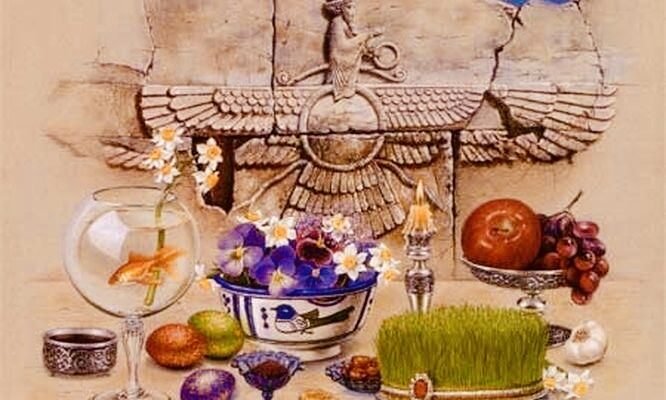
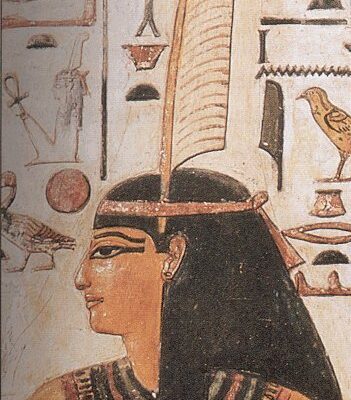
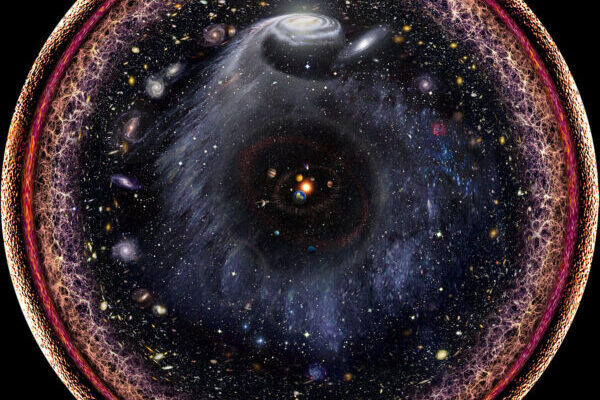
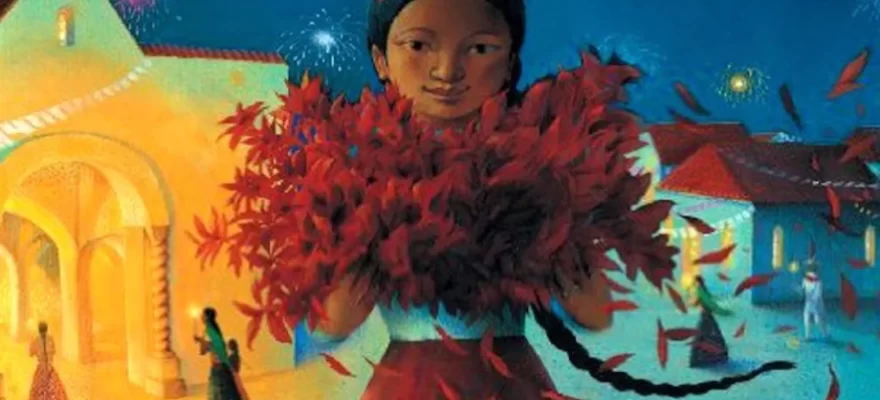
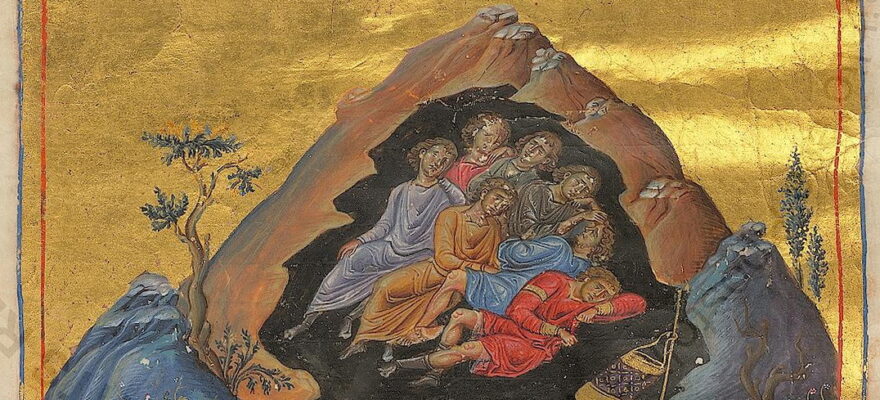

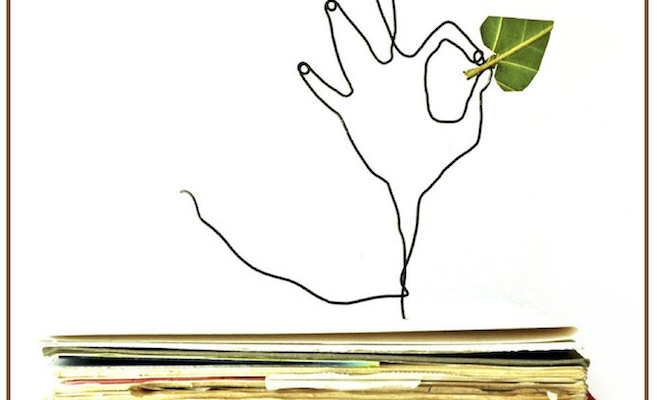
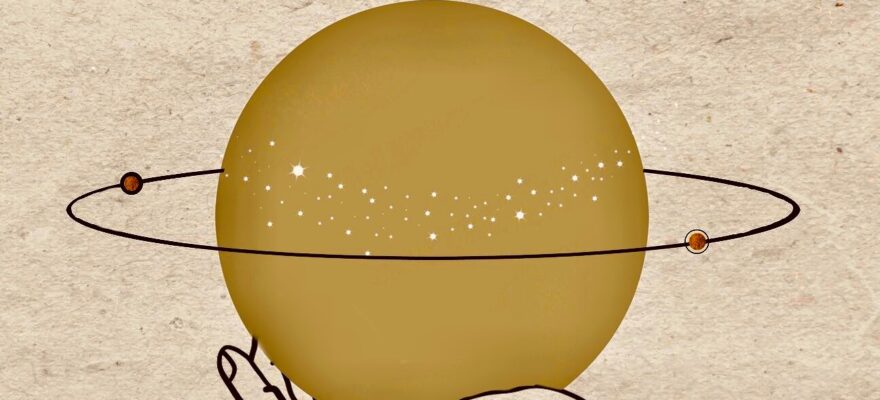





Social Profiles